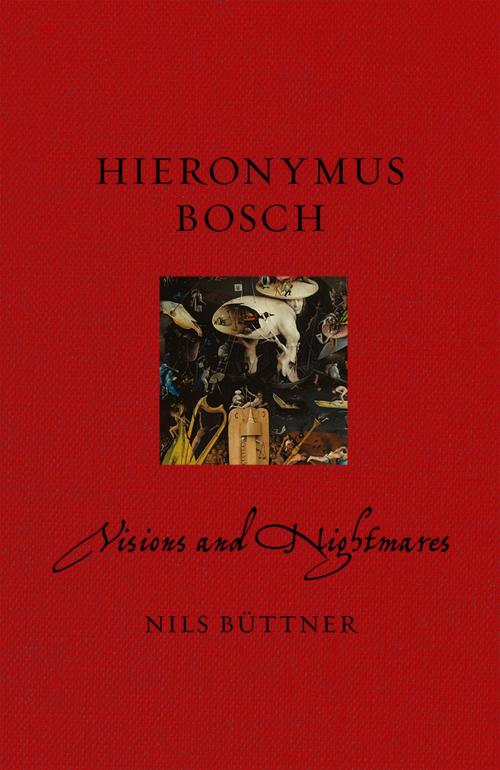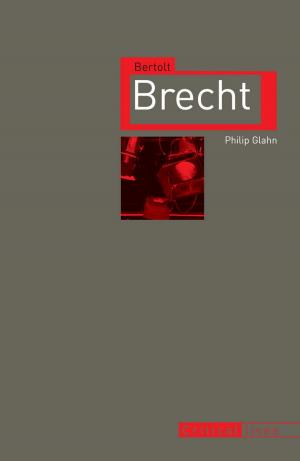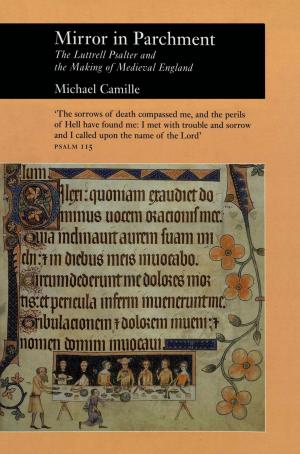Hieronymus Bosch
Visions and Nightmares
Biography & Memoir, Artists, Architects & Photographers, Nonfiction, Art & Architecture| Author: | Nils Büttner | ISBN: | 9781780236148 |
| Publisher: | Reaktion Books | Publication: | June 15, 2016 |
| Imprint: | Reaktion Books | Language: | English |
| Author: | Nils Büttner |
| ISBN: | 9781780236148 |
| Publisher: | Reaktion Books |
| Publication: | June 15, 2016 |
| Imprint: | Reaktion Books |
| Language: | English |
In his lifetime the early Netherlandish painter Hieronymus Bosch was famous for his phantasmagoric images, and today his name is synonymous with the infernal. The creator of expansive tableaus of fantastic and hellish scenes—where any devil not dancing is too busy eating human souls—he has been as equally misunderstood by history as his paintings have. In this book, Nils Büttner draws on a wealth of historical documents—not to mention Bosch’s paintings—to offer a fresh and insightful look at one of history’s most peculiar artists on the five-hundredth anniversary of his death.
Bosch’s paintings have elicited a number a responses over the centuries. Some have tried to explain them as alchemical symbolism, others as coded messages of a secret cult, and still others have tried to psychoanalyze them. Some have placed Bosch among the Adamites, others among the Cathars, and others among the Brethren of the Free Spirit, seeing in his paintings an occult life of free love, strange rituals, mysterious drugs, and witchcraft. As Büttner shows, Bosch was—if anything—a hardworking painter, commissioned by aristocrats and courtesans, as all painters of his time were. Analyzing his life and paintings against the backdrop of contemporary Dutch culture and society, Büttner offers one of the clearest biographical sketches to date alongside beautiful reproductions of some of Bosch’s most important work. The result is a smart but accessible introduction to a unique artist whose work transcends genre.
In his lifetime the early Netherlandish painter Hieronymus Bosch was famous for his phantasmagoric images, and today his name is synonymous with the infernal. The creator of expansive tableaus of fantastic and hellish scenes—where any devil not dancing is too busy eating human souls—he has been as equally misunderstood by history as his paintings have. In this book, Nils Büttner draws on a wealth of historical documents—not to mention Bosch’s paintings—to offer a fresh and insightful look at one of history’s most peculiar artists on the five-hundredth anniversary of his death.
Bosch’s paintings have elicited a number a responses over the centuries. Some have tried to explain them as alchemical symbolism, others as coded messages of a secret cult, and still others have tried to psychoanalyze them. Some have placed Bosch among the Adamites, others among the Cathars, and others among the Brethren of the Free Spirit, seeing in his paintings an occult life of free love, strange rituals, mysterious drugs, and witchcraft. As Büttner shows, Bosch was—if anything—a hardworking painter, commissioned by aristocrats and courtesans, as all painters of his time were. Analyzing his life and paintings against the backdrop of contemporary Dutch culture and society, Büttner offers one of the clearest biographical sketches to date alongside beautiful reproductions of some of Bosch’s most important work. The result is a smart but accessible introduction to a unique artist whose work transcends genre.















